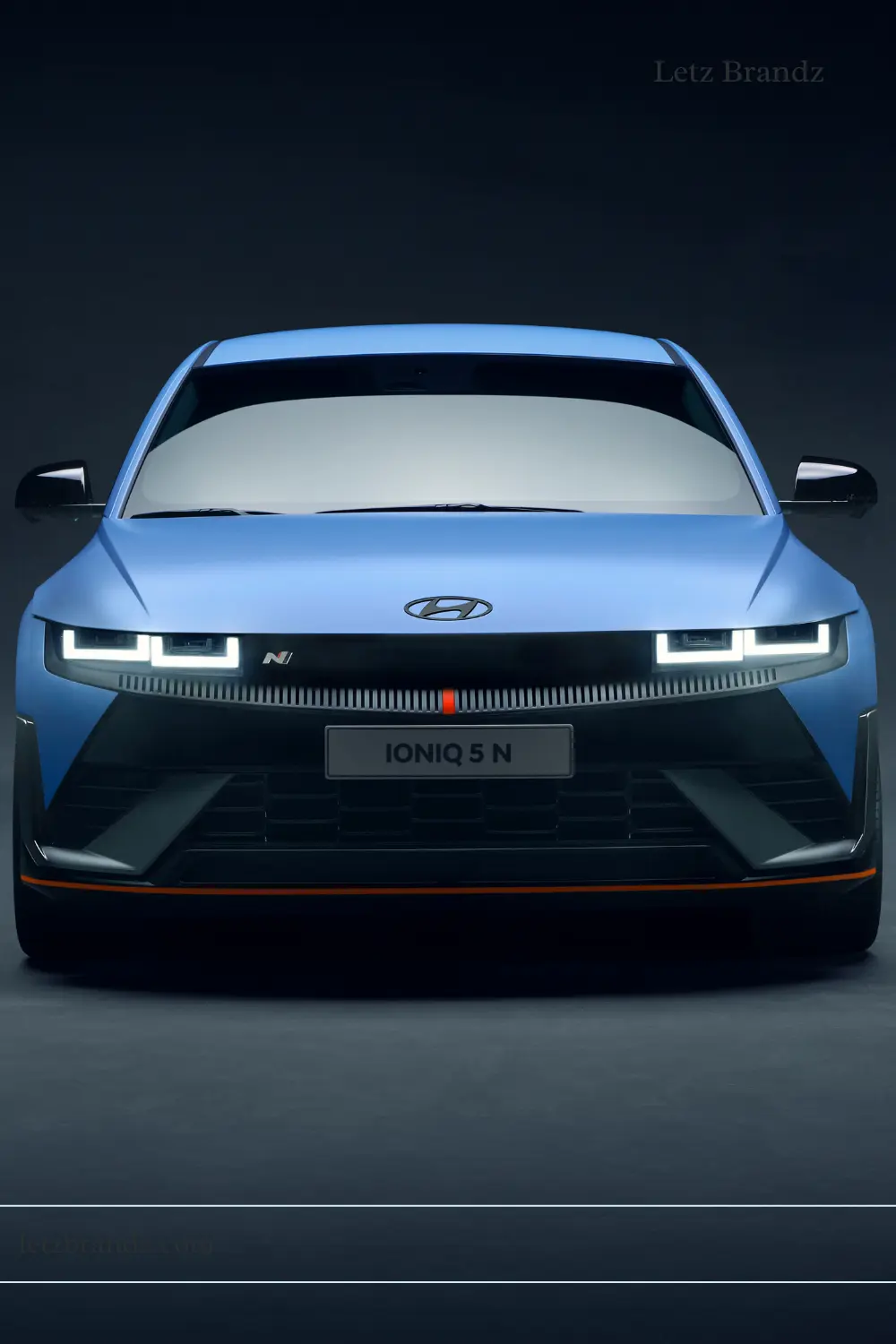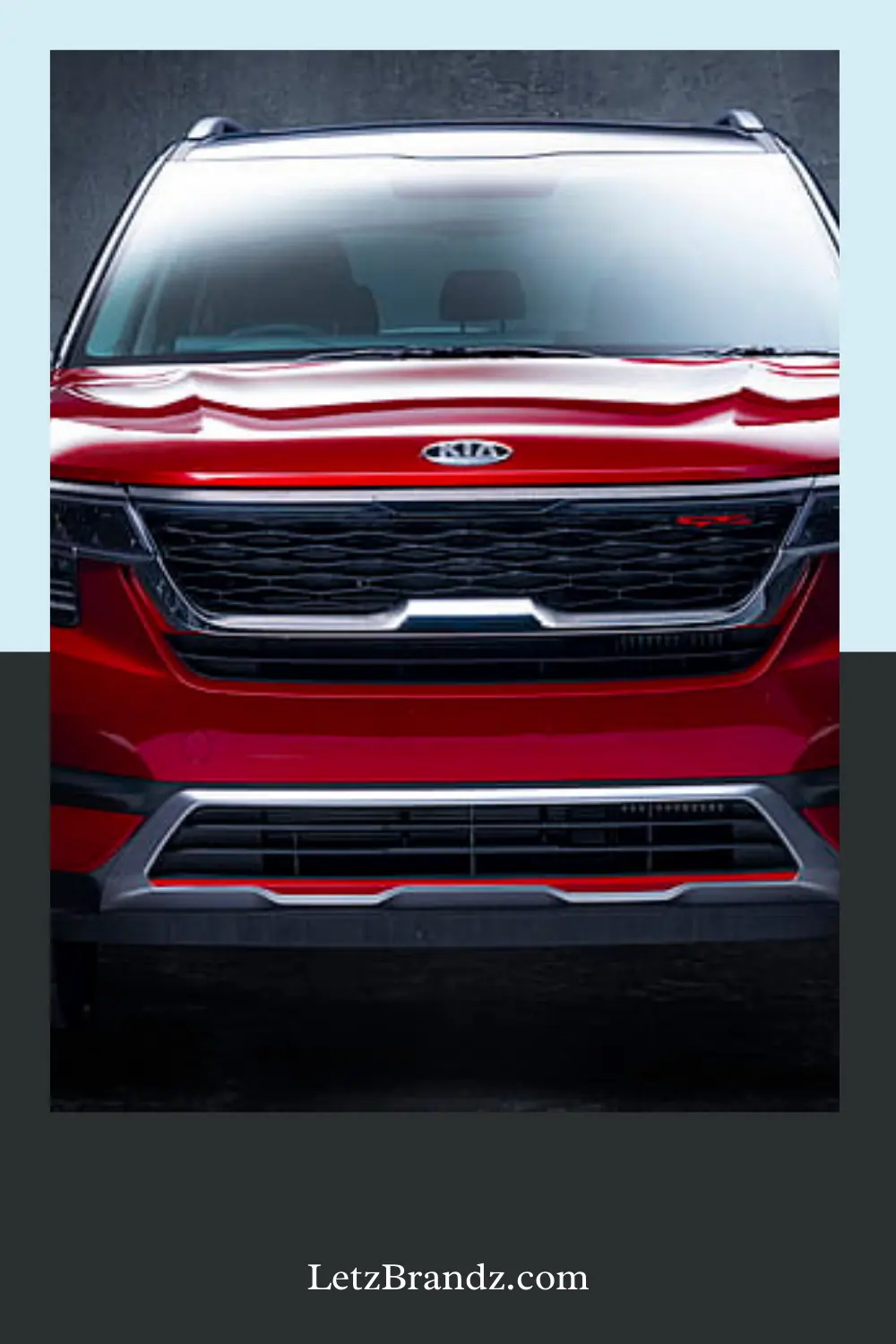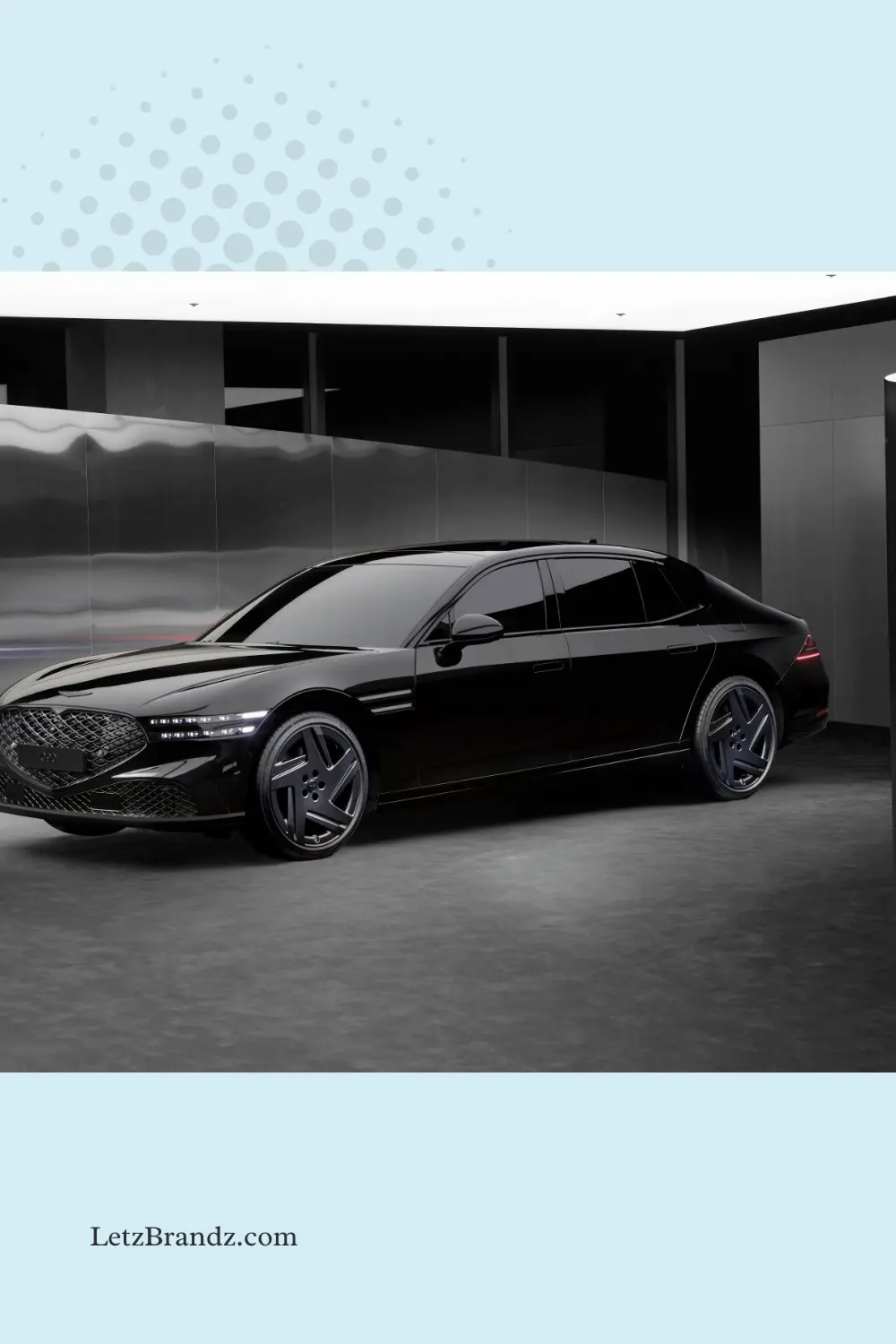In recent years, the automotive industry has witnessed a significant shift in the global market, with Korean car brands emerging as formidable competitors to their European, American, and Japanese counterparts. This rise to prominence is no accident; it’s the result of decades of relentless innovation, commitment to quality, and strategic global expansion. In this comprehensive guide, we’ll explore the fascinating world of Korean car brands, their history, current market position, and what the future holds for these automotive powerhouses.
The Big Three: Hyundai, Kia, and Genesis
When discussing Korean car brands, three names immediately come to mind: Hyundai, Kia, and Genesis. These automakers have not only transformed the Korean automotive landscape but have also made significant inroads into international markets.
Hyundai: From Humble Beginnings to Global Player
Hyundai Motor Company, founded in 1967, has come a long way from its modest start assembling Ford Cortinas for the Korean market. Today, it’s recognized as one of the world’s largest automobile manufacturers, known for its diverse lineup of vehicles ranging from compact cars to luxury SUVs.
Key milestones in Hyundai’s journey include:
- 1975: Launch of the Pony, Korea’s first mass-produced car
- 1986: Entry into the U.S. market with the Excel
- 2009: Introduction of the Genesis luxury sedan, later spun off as a separate brand
- 2016: Launch of the IONIQ eco-friendly vehicle lineup
Hyundai’s success can be attributed to its focus on affordable, reliable vehicles and its industry-leading warranty program, which has helped build consumer trust and loyalty.
Kia: The Power to Surprise
Kia Motors, founded in 1944, initially produced bicycle parts and steel tubing. It entered the automotive industry in the 1970s and has since become known for its stylish designs and value-packed offerings.
Notable achievements for Kia include:
- 1974: Production of Korea’s first domestic passenger car
- 1992: Establishment of Kia Motors America
- 2006: Hiring of Peter Schreyer as Chief Design Officer, leading to a design revolution
- 2019: Introduction of the Telluride SUV, winning numerous awards
Kia’s partnership with Hyundai Motor Group in 1998 has been instrumental in its growth, allowing for shared resources and technologies while maintaining distinct brand identities.
Genesis: Luxury Redefined
Genesis, the luxury vehicle division of Hyundai Motor Group, was established as a standalone brand in 2015. Despite being a relatively new player in the premium segment, Genesis has quickly made a name for itself with its sophisticated designs and advanced technologies.
Key highlights for Genesis:
- 2017: Launch of the G70 sports sedan, winning multiple Car of the Year awards
- 2020: Introduction of the GV80, the brand’s first luxury SUV
- 2021: Announcement of plans to go all-electric by 2030
Genesis has positioned itself as a formidable competitor to established luxury brands by offering comparable quality and features at more attractive price points.
Technological Innovation and Sustainability
Korean car brands have made significant strides in automotive technology and eco-friendly initiatives, positioning themselves at the forefront of industry trends.
Electric and Hybrid Vehicles
Hyundai and Kia have been aggressive in their push towards electrification. Models like the Hyundai IONIQ 5, Kia EV6, and the upcoming Genesis Electrified G80 showcase their commitment to sustainable mobility. These vehicles feature cutting-edge technologies such as:
- Ultra-fast charging capabilities
- Vehicle-to-load (V2L) functionality
- Advanced driver assistance systems (ADAS)
Hydrogen Fuel Cell Technology
Hyundai has been a pioneer in hydrogen fuel cell vehicles, with the NEXO SUV leading the charge. This technology offers zero-emission driving with longer range and faster refueling times compared to battery electric vehicles.
Connected Car Technologies
Korean automakers have also invested heavily in connected car technologies, integrating features like:
- Over-the-air (OTA) updates
- Smartphone integration
- AI-powered voice assistants
These innovations enhance the driving experience and keep vehicles up-to-date with the latest features and improvements.



Global Market Presence and Future Outlook
Korean car brands have successfully expanded their presence in key markets worldwide, challenging established players and reshaping consumer perceptions.
North America
In the United States and Canada, Korean brands have seen steady growth in market share, particularly in the SUV and crossover segments. The Hyundai Tucson, Kia Telluride, and Genesis GV80 have all received critical acclaim and strong sales.
Europe
European expansion has been a focus for Korean automakers, with models like the Kia Ceed and Hyundai i30 designed specifically for European tastes. The push towards electrification aligns well with Europe’s stringent emissions regulations.
Emerging Markets
Korean brands have found success in emerging markets such as India, Brazil, and Russia, offering affordable yet feature-rich vehicles tailored to local preferences.
Future Challenges and Opportunities
As the automotive industry continues to evolve, Korean car brands face both challenges and opportunities:
- Continued investment in electric and autonomous vehicle technologies
- Expansion of production facilities in key markets to mitigate trade uncertainties
- Strengthening brand perception in the luxury segment, particularly for Genesis
- Adapting to changing consumer preferences, such as the shift towards SUVs and crossovers
A Bright Road Ahead
The rise of Korean car brands is a testament to the power of innovation, quality, and strategic vision. From their humble beginnings to their current status as global automotive powerhouses, Hyundai, Kia, and Genesis have proven that with the right combination of design, technology, and value, it’s possible to compete with and even surpass long-established industry giants.
As we look to the future, it’s clear that Korean automakers will continue to play a significant role in shaping the automotive landscape. With their commitment to electrification, advanced technologies, and customer-centric approach, these brands are well-positioned to navigate the challenges and opportunities that lie ahead in the ever-evolving world of mobility.
Whether you’re in the market for an efficient compact car, a luxurious sedan, or an innovative electric vehicle, Korean car brands offer compelling options that deserve serious consideration. As they continue to push the boundaries of what’s possible in automotive design and technology, one thing is certain: the best is yet to come from these dynamic and forward-thinking automakers.
Also Read:
Stars and Stripes on Four Wheels: The 10 American Car Brands










